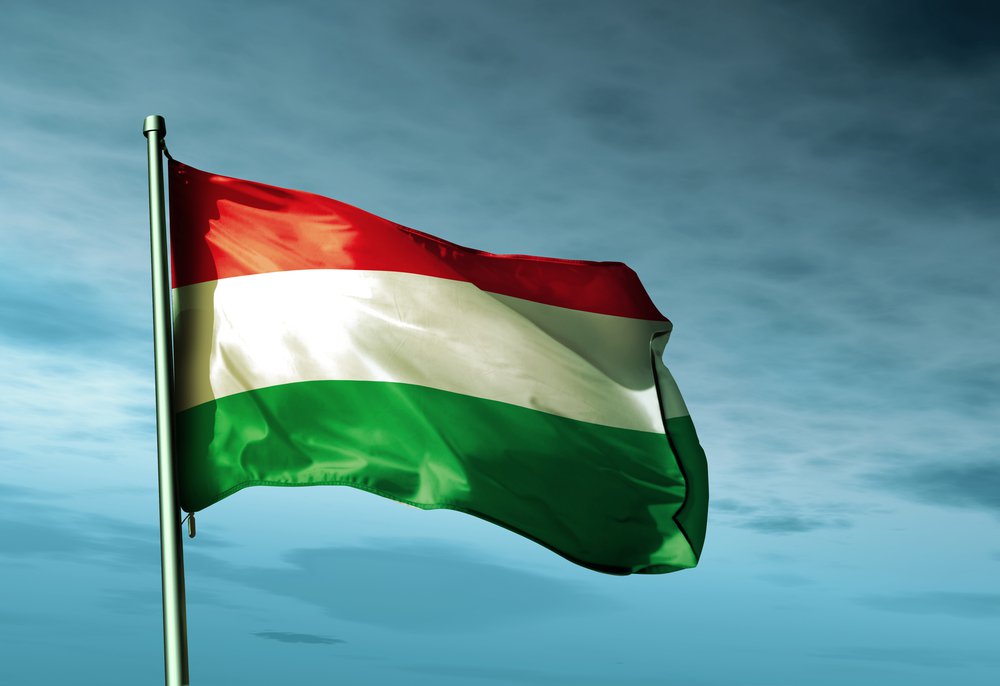ABSTRACT: Hungary and the other Visegrad countries (V4), over the past decade, participated in coalition military operations in Afghanistan and Iraq, but not Libya. This article examines how this has impacted Hungary’s standing in the North Atlantic Alliance, and to this end deploys the concepts of “two level games” and “ratification” as deployed throughout the political sciences, particularly in Putnam’s works. This work adapts these concepts to show how a key challenge of Hungarian foreign and security policy post-2001 was the multi-pronged ratification of the country’s path in its foreign affairs to indirectly provide for the country’s security, through sufficient “macro-adaptation” to the Alliance’s needs. There are lessons that can be gleaned from this experience concerning the other V4 countries and the V4 group as a collective.
KEYWORDS: Hungary, V4, Libya, North Atlantic Alliance, game theory


